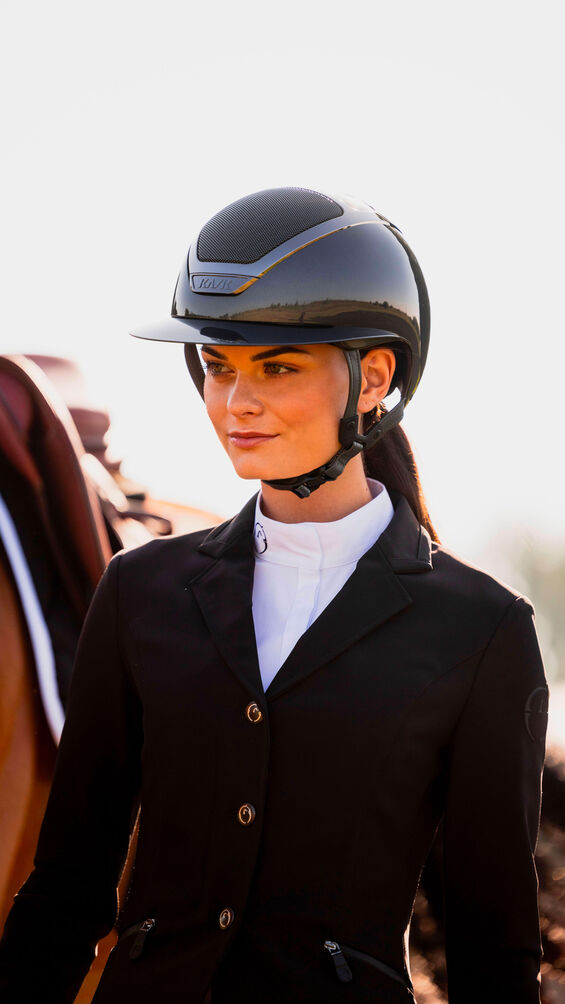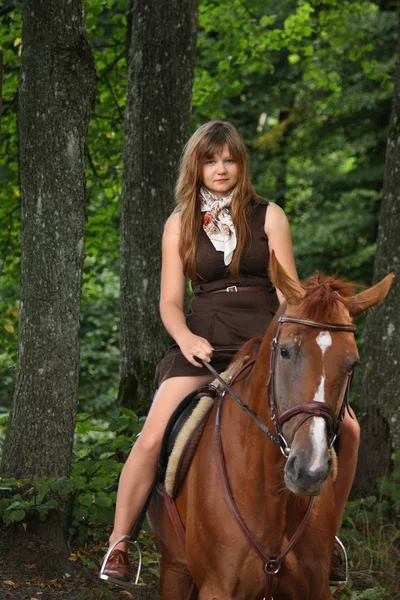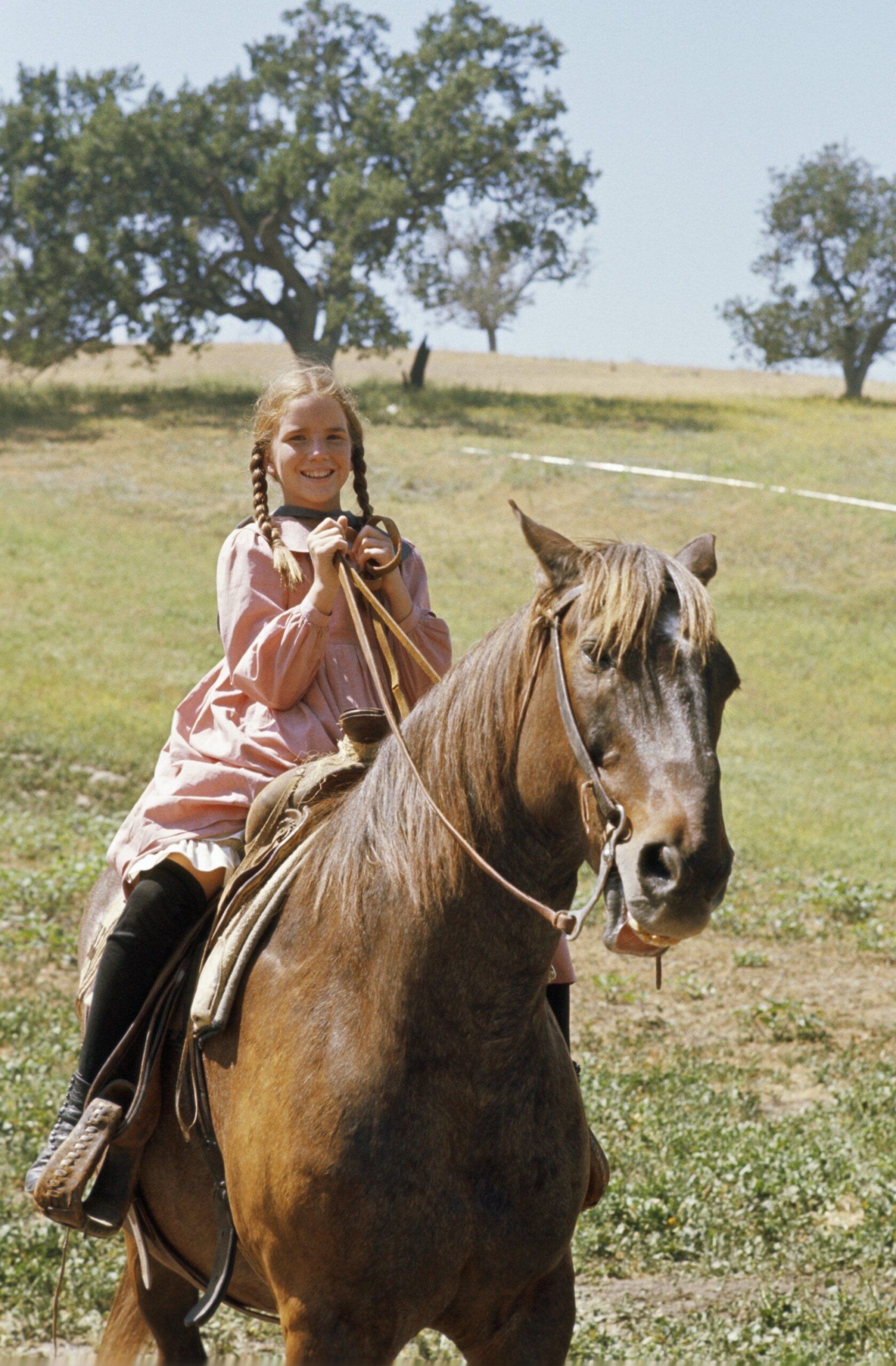Women Pioneers in Horse Instruction

Horse instruction has traditionally been a male-dominated field, but throughout history, many remarkable women have broken barriers and shaped the way equestrian training is approached today. This article explores the contributions of these trailblazing women, highlighting their achievements and lasting influence.
Historical Context

In the 18th and 19th centuries, societal norms often restricted women’s participation in equestrian activities, especially in professional instruction. Despite these challenges, some women emerged as skilled riders and instructors, gradually gaining recognition and respect.
Notable Women Pioneers
| Name | Contribution | Era | Legacy |
|---|---|---|---|
| Anna Sewell | Author of Black Beauty, promoting horse welfare | 19th century | Raised awareness about humane treatment |
| Nuno Oliveira | Though male, influenced many female instructors | 20th century | Inspired modern classical dressage |
| Liz Hartel | Paralympic dressage champion and instructor | Mid 20th century | Pioneered adaptive riding techniques |
| Kyra Kyrklund | Renowned dressage rider and trainer | Late 20th century | Advanced dressage training methods |
Note: Nuno Oliveira is included here as a key influence on female instructors, illustrating the interconnectedness of equestrian education.
Impact on Modern Horse Instruction
Women pioneers have introduced innovative training methods, emphasized horse welfare, and expanded opportunities for female riders and instructors worldwide. Their work has helped shift the culture of horse instruction towards inclusivity and empathy.
Frequently Asked Questions (FAQ)
Q1: Who was the first woman to become a professional horse instructor?
A1: While records are scarce, women like Anna Sewell and Liz Hartel were among the earliest recognized female figures in equestrian education.
Q2: How have women influenced horse training techniques?
A2: Women have contributed by developing adaptive riding methods, promoting gentle training approaches, and advancing dressage techniques.
Q3: Are there organizations supporting women in horse instruction?
A3: Yes, groups like Women in Equestrian Sports and various riding academies worldwide support and promote female instructors.
Conclusion
The legacy of women pioneers in horse instruction is profound, reflecting courage, innovation, and dedication. Their stories continue to inspire new generations of riders and trainers, ensuring the equestrian world becomes more diverse and compassionate.
This article is designed to be SEO-friendly by incorporating relevant keywords such as “women pioneers,” “horse instruction,” “equestrian training,” and “female horse trainers.” The use of tables, lists, and FAQs enhances readability and engagement.
